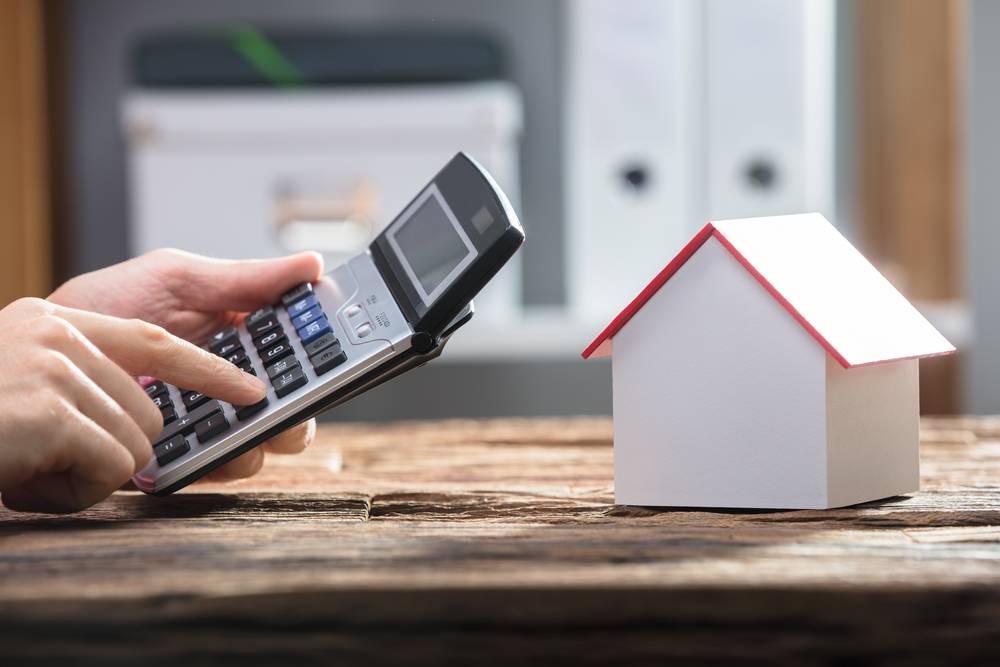
The fundamentals of the underutilised housing tax
There has been some confusion over who will be required to pay the new underutilised housing tax (UHT) since the federal government announced it as part of the 2021 federal budget. In a nutshell, the UHT is a tax of one percent on the value of vacant or underutilised residential real estate owned by non-residents who are not Canadian citizens or permanent residents. Bruce Ball, FCPA, vice-president of taxation for CPA Canada, warns that while the tax is generally aimed at non-residents of Canada, many may not know that there are situations where the rules could apply to Canadian citizens or Canadian residents (referred to as Canadians henceforth). He explains that while most people won’t have actually to pay the tax, they will still have to file a tax return and claim an exemption.
UHT: What is it?
As Ball puts it, this is “basically a housing tax” levied by the federal government on non-residents in cases where a property is not being used as intended. For more information on the UHT and its requirements and exemptions, check out this post from the tax blog of CPA Canada.
UHT regulations mandate annual reporting and impose a tax equal to 1% of the market value of a home. There are three types of homeowners in regards to their UHT reporting and tax obligations: those who have no responsibility, those who are required to file a UHT return and pay tax, and those who are required to file a UHT return but have no tax payable due to an exemption. In cases where a return or payment is due, April 30 is the date by which it must be submitted (although the deadline for 2022 returns will be May 1 since April 30 falls on a Sunday)
To whom does this rule apply?
Under the UHT, a non-resident may be required to pay tax on any residential property they own that is unoccupied or underutilised. Despite the government’s best intentions, Ball warns that Canadians may be affected by the UHT if it is imposed on non-residents.
“Don’t think that because you’re not a resident that the UHT doesn’t affect you. A person may be required to file if they own a home in a name other than theirs, or face a fine of $2,500 to $5,000. Ball gives the example of a mentally ill person living in a house owned by Ball’s brother, who is acting as trustee. “Even if the individual was living there permanently and the brother is Canadian, a UHT return would still have to be filed because the property was held in trust by the brother,” he says. Even though an exemption may apply, the brother is still required to submit a tax return.
For Canadians, other areas of concern include trusts used as will substitutes, farm properties, and vacation properties held in trust. While tax may not be due in any of these cases due to underlying Canadian ownership, failing to file a return that includes a claim for exemption will result in a penalty.
Ball notes that the issue of shared ownership of single-family homes is raising some eyebrows. In other words, do they own the property jointly or form a legal partnership to do so? While this may not be a major consideration when calculating your personal income tax, it could be a deciding factor when determining if you are required to file the UHT. As such, it is essential to ascertain whether or not a partnership exists, and the reasons for either conclusion should be recorded.
Who has to file it?
There will be some groups that don’t have to file at all, and there will be some groups that have to file but not pay tax, so the UHT rules are confusing, according to Ball. “Excluded owners” are “individual Canadians who own property directly,” he explains. Publicly traded Canadian corporations, certain trusts (such as a mutual fund trust, real estate investment trust, specified investment flow-through trust, or estate controlled by the executor), registered charities, cooperating housing corporations, municipal organisations and other public institutions and government bodies, Indigenous governing bodies or corporations, and “prescribed persons” not yet defined by r are all excluded owners.
Where are the exceptions?
For other ownership structures, where they are not excluded owners, the situation becomes more convoluted. As was previously mentioned, a return is needed and an exemption for a specified Canadian corporation, specified Canadian trust, or specified Canadian partnership is generally available in situations where indirect ownership involves a corporation, trust, or partnership where the underlying ownership is Canadian (in Part 6 of the UHT form).
For the most part, non-resident owners are obligated to file the UHT return and are either exempt from or subject to the tax. To help out non-locals, the tax is waived for those who use the home as their primary residence, for their partner, or a dependent student attending a local university. In addition to the aforementioned exemptions, there are exemptions based on the residential property’s accessibility, location, or intended use.
How can the accountant help
Certified Public Accountants (CPAs) can assist their clients in determining whether or not their ownership situation falls under the UHT rules, and in making sure they fully understand the potential filing and/or tax implications of such a determination.“Many Canadian property owners don’t understand the UHT, or in some cases, even know it exists,” says Ball. He suggests that homeowners investigate the possibility that they own a piece of property that will be regulated. If you want to avoid paying fines that aren’t necessary, “it’s essential that you get up to speed on the UHT,” says Ball. To get started, I recommend consulting with your tax preparer.



